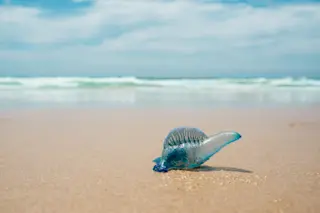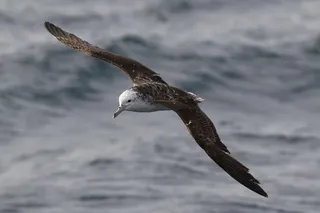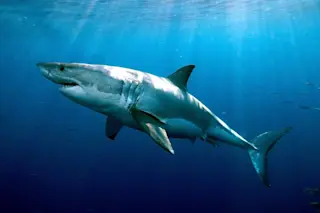The Portuguese Man O’ War’s blue, alien-like appearance may invite a closer look. But beware! Their long, trailing tentacles pack a painful and sometimes dangerous sting. Often, they wash ashore, tempting curious kids to poke them with sticks. Other times, they float just beneath the surface, prompting surfers to stay alert for the jellyfish-like creatures.
But these notorious drifters aren’t all the same. A new study published in Current Biology by scientists from Yale University, the University of New South Wales (UNSW), and Griffith University in Australia reveals that the Man O’ War found off of Florida’s coast isn’t the same as the ones seen off eastern Australia.
While oceans are connected and many marine species have global ranges, the Portuguese Man O’ War (often called “bluebottles”) has adapted to different regions. Recognizing these distinctions could help us better predict their presence and protect people from their venomous sting.
What ...















